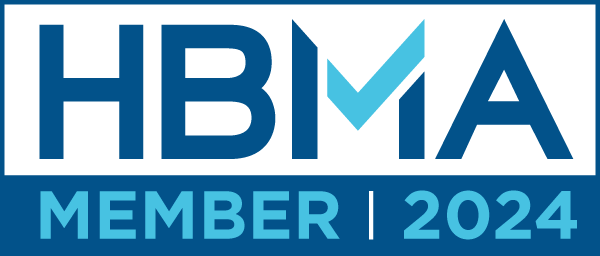Revolutionizing Medical Billing: The Surge of AI and RPA in Healthcare
As 2025 approaches, the healthcare sector is undergoing transformative changes with Artificial Intelligence (AI) and Robotic Process Automation (RPA) increasingly becoming essential in advancing medical billing processes. AI encompasses technologies that simulate human cognitive processes by machines. These processes include learning (using data to inform actions), reasoning (using rules to reach conclusions), and self-correction. Particularly, machine learning, an AI subset, enables systems to learn and improve from experience autonomously. On the other hand, RPA is a technology employed to automate routine tasks that do not require the cognitive capabilities that AI provides, streamlining repetitive processes efficiently.
Looking ahead, this transformation to advance medical billing processes is not just about technology adoption but also about fundamentally enhancing operational efficiency and patient interactions within the healthcare sector.
Operational Excellence Through RPA
PhyGeneSys utilizes RPA to automate routine tasks within the billing cycle such as data entry and claim processing, which traditionally are prone to human error. By automating these tasks, RPA not only boosts operational efficiency but also enhances accuracy, leading to reduced claim denials and administrative burdens. Healthcare Finance notes that automated systems could decrease billing errors by as much as 30-40%, directly benefiting the financial bottom line by reducing denied claims.
Enhancing Security and Compliance with AI
With the increasing sophistication of cyber threats, safeguarding sensitive billing information is more crucial than ever. AI-driven security features integrated within PhyGeneSys enhance the protection of data against potential breaches, ensuring compliance with stringent regulatory requirements like HIPAA (HIPAA Journal). This proactive approach to data security is essential for maintaining the trust and confidence of patients and regulatory bodies alike.
The Future Outlook: Predictive Analytics and Beyond
Looking beyond 2025, predictive analytics will become increasingly significant in medical billing. This technology predicts patient payment challenges and billing trends, enabling healthcare providers to proactively adjust billing processes. Predictive analytics ensures that billing systems are not only reactive but also anticipatory, adapting to potential issues before they escalate.
The integration of AI and RPA by platforms like PhyGeneSys marks a pivotal evolution in healthcare technology. These technologies do not merely streamline existing processes; they pave the way for innovative solutions that address the growing complexities of healthcare management. As we move into 2025 and beyond, leveraging AI and RPA will be crucial for developing more efficient, secure, and patient-centered billing practices, promising a new era of operational excellence in healthcare.









